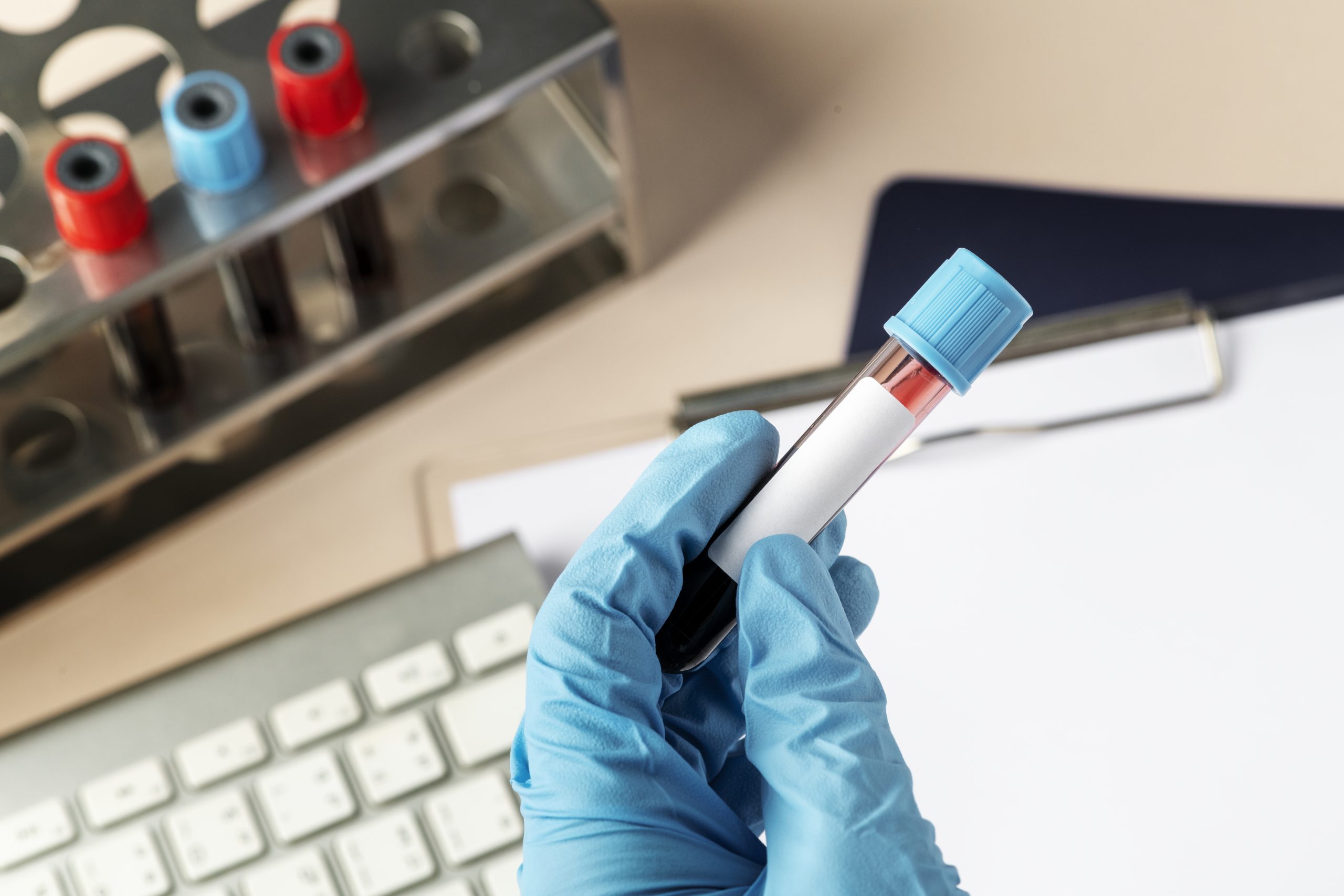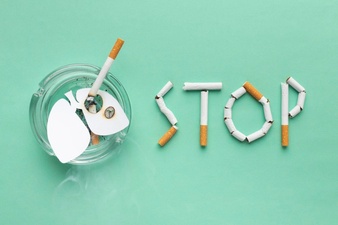Consider this a cheat sheet for your first year at school.
Go to class, then hit the gym
Science proves that exercising a few hours after your classes are over will help you absorb everything you learned. In a recent study published in the journal Current Biology, researchers found that people who worked out four hours after completing a memory task had better recall than those who exercised immediately, or didn’t at all. Physical activity releases neurotransmitters like dopamine, which help you hold on to memories, the researchers pointed out. So if your last lecture ends at noon plan to head to the rec center in the late afternoon. You’ll be more likely to remember the functional groups of organic chemistry, or the proper Russian pronunciation for the word “knowledge.”
Take a nap after a cram session
Spoiler alert: You’re going to take a lot of naps in college. And that’s a good thing. The findings of a 2015 study suggest that snoozing after studying will help your brain stow away the new info better than zoning out during SportsNation or an episode of Pretty Little Liars. It’s thought that sleep helps encode new facts in the memory hub of your brain. After a cat nap you’ll also feel more alert, points out Cathy Goldstein, MD, assistant professor of neurology at the University of Michigan Sleep Disorders Center. But definitely set your alarm. “When [naps] start getting longer than an hour it may be hard to transition out of sleep, resulting in grogginess,” she explains.
Stock your mini-fridge smartly
When you’re up late working and need a hit of energy, it’s hard to resist the call of the vending machine. But Twizzlers and M&Ms will only drag you down. “Refined carbs spike your blood sugar and cause your energy levels to crash, often leaving you more hungry and tired than you were before eating,” says registered dietitian Lindsay Livingston, author of The Ultimate Guide to Food Prep.
She recommends filling your dorm room fridge with healthy stuff. Think Greek yogurt, fruit, energy bars like Kind bars or Larabars, hummus and pre-cut veggies, and hardboiled eggs (you can find these pre-made in the refrigerator section at the grocery store). A combo of protein and healthy carbs will provide just the pick-me-up you need to finishing plowing through a paper.
Keep two spoons in the fridge, too
Cool spoons can provide a quick fix for those dark, puffy under-eye circles that crop up after a string of late nights. Placed over your eyes, they act like a cold compress, causing blood vessels to constrict and reducing swelling, says Rebecca Kazin, MD, associate director at the Washington Institute of Dermatologic Laser Surgery in Chevy Chase, Maryland. Some concealer and a skin brightener should camouflage the dark circles. And eye drops can help clear up the telltale redness after an all-nighter, she says.
Zap a zit with lemon juice
It’s bound to happen: You’re washing up before bed when you notice the beginnings of a pesky pimple—and of course, you’re out of spot treatment. Head to the dorm kitchen for a lemon. Lemonjuice is an antiseptic, and can dry out a pimple on the surface of the skin, says Dr. Kazin. But best to apply the citrus with a Q-tip, she cautions, to avoid drying out the area around the spot. If the blemish is deep, dab on some over-the-counter hydrocortisone cream, Dr. Kazin suggests.
Don’t fear the 8 a.m. class
If you’re not a morning person, getting up for early lectures can feel like torture. But sleep experts have a simple trick: Keep your shades open. Sunlight is a powerful signal to your body: “Morning bright light will shift your body clock earlier, helping you fall asleep at an earlier hour, and wake up more easily for those early classes,” says Dr. Goldstein. And who knows, before you long you might even start making it to breakfast beforehand.
Written by Jessica Migala, ctto health.com






Leave A Comment
You must be logged in to post a comment.